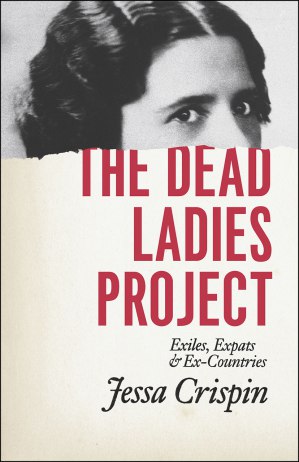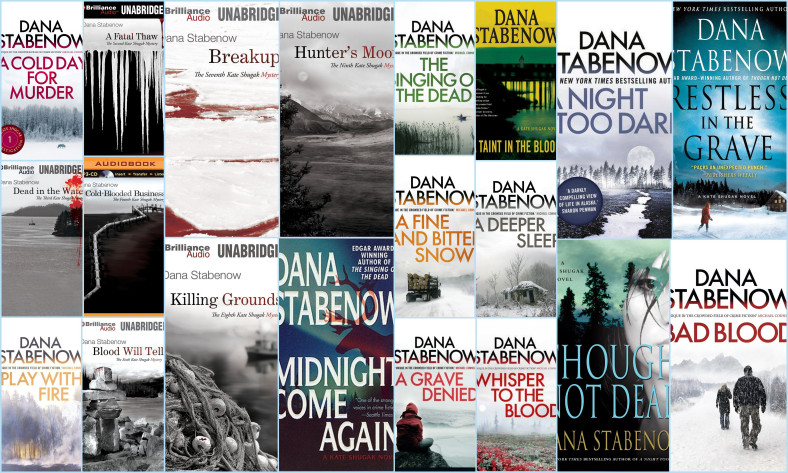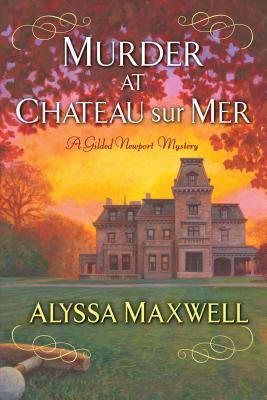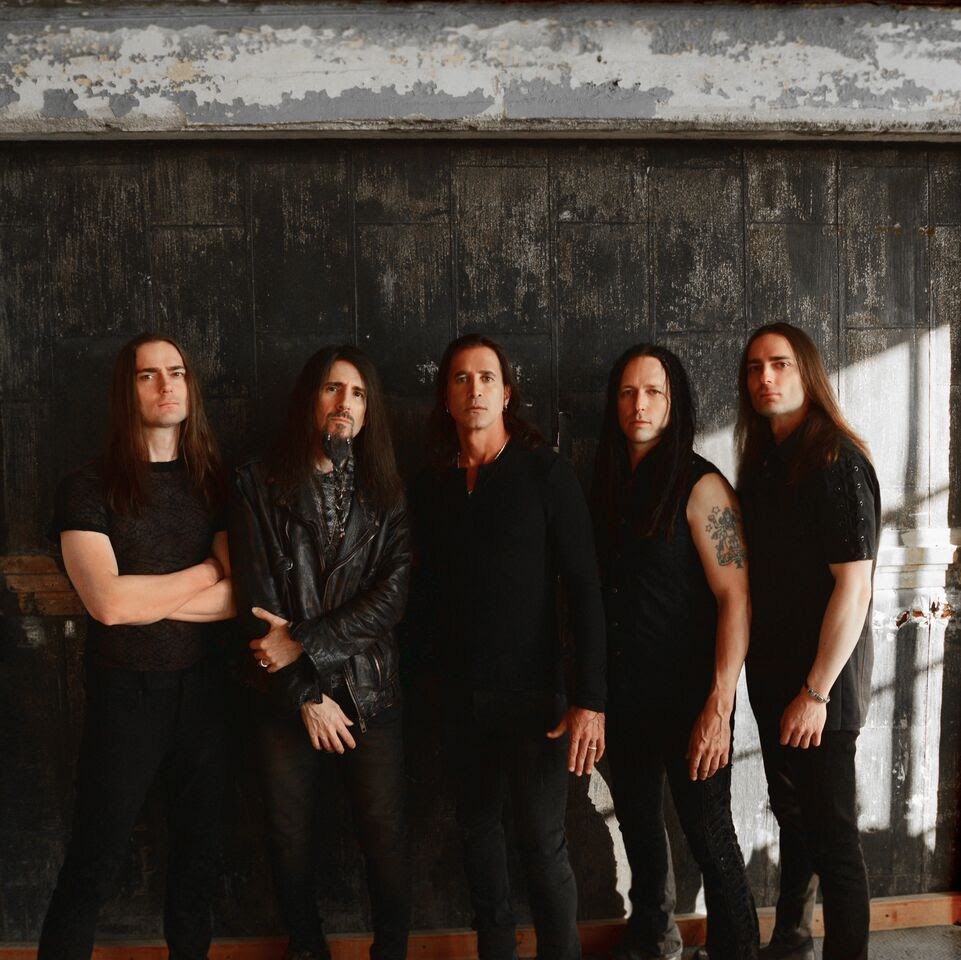The Dead Ladies Project: Exiles, Expats, and Ex-Countries – Jessa Crispin

I’ve been a devotee of Jessa Crispin since stumbling on her now (sadly) defunct website bookslut. A travelogue of sorts, The Dead Ladies Project recounts the time Crispin spends traveling alone throughout Europe. What I love most about this book is how its organized; each chapter devoted to one literary figure and the place they called home. Crispin visits the cities and towns and countries of these ten different individuals, weaving together criticism, research, and memoir to form incredibly arresting portraits of their lives. While titled The Dead Ladies Project, not all of her subjects are women, and not all are writers. One of my favorite chapters, set in the city of Trieste, is about Nora Barnacle, who was the wife of James Joyce. Jessa Crispin does a wonderful job of interrogating the role of real life female “muses,” whose actual lives and artistic accomplishments have often been erased by history/obscured by the success of their husbands/lovers/obsessors. I’m going to admit that reading the “London” chapter of this book, which was devoted to my beloved Jean Rhys, was a bit hard for me, as Crispin is critical of some of Rhys’ choices and her position as a literary/feminist icon, but one doesn’t have to agree with all of Crispin’s arguments to find her arguments both exciting and illuminating. One of my favorite things about this book was that it introduced me to so many fascinating books and writers I had never heard of/considered before. It’s because of The Dead Ladies Project that I picked up Black Lamb/Gray Falcon, a giant tome I’m hoping to tackle in 2018.
Notes from No Man’s Land – Eula Biss

One of my favorite books of essays and one I return to again and again, I first picked up Notes from No Man’s Land when I was living in Chicago. The title essay talks about the author’s experience of moving into the Chicago neighborhood of Rogers Park, so it felt particularly apt reading at the time. (You can read that title essay here). The book is split up into three sections: “New York,” “California,” and “The Midwest.” While rooted in an examination of geography and place, this book is also about race (and about whiteness in particular). It discusses gentrification and colonialization, privilege and shame and fear. The opening essay “Time and Distance Overcome,” starts out by discussing how the telephone pole came to dot the landscape of the United States after the advent of the telephone, before morphing into a history of lynching in the 20th century. Many of these essays explore the way both violent and more “benign” forms racism of are embedded in the fabric and landscape of the country.

Border: A Journey to the Edge of Europe – Kapka Kassabova
Like Notes From No Man’s Land, Border: A Journey to the Edge of Europe is published by Graywolf Press, though this book was published in 2017. I only recently picked it up, and am only about 50 pages in, but it’s beautifully written. This book focuses on the border between Bulgaria, Greece, and Turkey, and Kassabova explores the lives of the people who live in this region, focusing on their experiences during and after the Cold War. As an American, most of the narratives and reportage I’ve read about militarized border spaces have been about the U.S.-Mexico border, so this is a really interesting. I’m looking forward to finishing it.
Men We Reaped – Jesmyn Ward

While nominally about the unrelated deaths of five men in the author’s life, including her brother, Men We Reaped is also a really lovely meditation on home and family. Ward spends a lot of time discussing her relationship to Mississippi, and the history of her small hometown, DeLisle. There are a lot of threads woven through this narrative, which makes it somewhat hard to define. It’s been a while since I’ve read this book, so don’t let the somewhat vague synopsis fool you, this is one of the more powerful memoirs I can remember reading as an adult. Ward is having a moment right now, her new novel Sing, Unburied, Sing was just shortlisted for the National Book Award, and she was named a MacArthur Genius. Read this book and you’ll see why.
Advertisements Share this:





